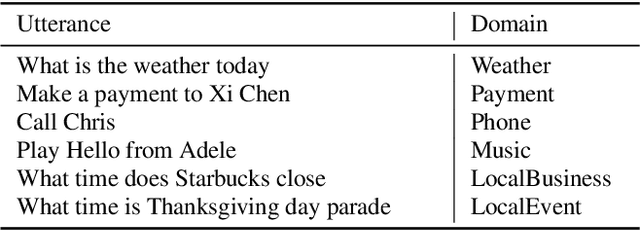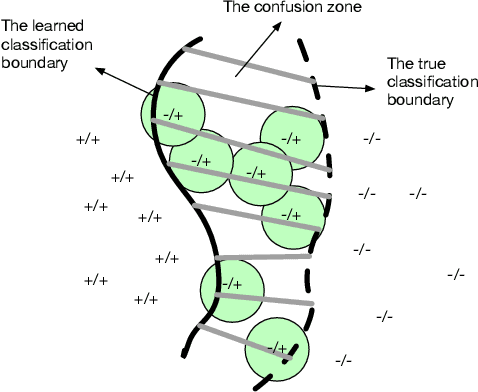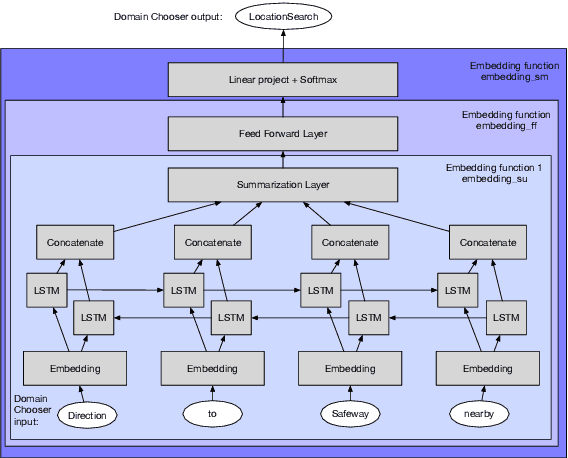Justine T. Kao
CausalVQA: A Physically Grounded Causal Reasoning Benchmark for Video Models
Jun 11, 2025Abstract:We introduce CausalVQA, a benchmark dataset for video question answering (VQA) composed of question-answer pairs that probe models' understanding of causality in the physical world. Existing VQA benchmarks either tend to focus on surface perceptual understanding of real-world videos, or on narrow physical reasoning questions created using simulation environments. CausalVQA fills an important gap by presenting challenging questions that are grounded in real-world scenarios, while focusing on models' ability to predict the likely outcomes of different actions and events through five question types: counterfactual, hypothetical, anticipation, planning and descriptive. We designed quality control mechanisms that prevent models from exploiting trivial shortcuts, requiring models to base their answers on deep visual understanding instead of linguistic cues. We find that current frontier multimodal models fall substantially below human performance on the benchmark, especially on anticipation and hypothetical questions. This highlights a challenge for current systems to leverage spatial-temporal reasoning, understanding of physical principles, and comprehension of possible alternatives to make accurate predictions in real-world settings.
Active Learning for Domain Classification in a Commercial Spoken Personal Assistant
Aug 29, 2019



Abstract:We describe a method for selecting relevant new training data for the LSTM-based domain selection component of our personal assistant system. Adding more annotated training data for any ML system typically improves accuracy, but only if it provides examples not already adequately covered in the existing data. However, obtaining, selecting, and labeling relevant data is expensive. This work presents a simple technique that automatically identifies new helpful examples suitable for human annotation. Our experimental results show that the proposed method, compared with random-selection and entropy-based methods, leads to higher accuracy improvements given a fixed annotation budget. Although developed and tested in the setting of a commercial intelligent assistant, the technique is of wider applicability.
 Add to Chrome
Add to Chrome Add to Firefox
Add to Firefox Add to Edge
Add to Edge